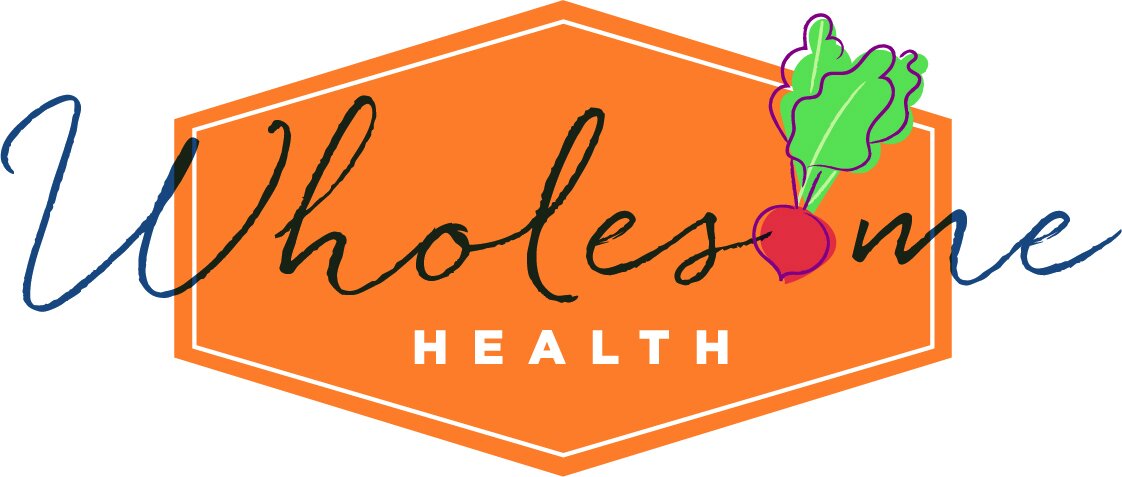Potassium: It’s Bananas (And More!)
You’ve likely heard of potassium, but may not know how important of a role it plays in the body. Potassium is a mineral that is needed for heart, kidney, muscle, and nerve function. In today’s post, I’ll share the importance of getting enough potassium in the diet and what happens if you don’t get enough, as well as food sources and some sample meal and snack ideas to help you boost your intake of potassium-rich foods.
What is potassium?
Potassium is a mineral that is needed for almost every major body function. Some things potassium does in the body are:
Help muscles contract (including muscles in the heart which keep the heart beating normally)
Stabilize blood pressure levels
Assist nutrients moving into cells and waste out of cells
Help nerves to respond to stimulation
Regulate body fluids
Consuming potassium-rich foods can help reduce the effect sodium has on blood pressure levels, thus reducing the risk of heart attack or stoke. It can also help prevent osteoporosis and kidney stones.
Recommended intake
Adult men need 3,400 mg of potassium per day, while adult women need 2,600 mg of potassium per day.
Low potassium (hypokalemia)
Heavy sweating, diarrhea, vomiting, or laxative use can lead to low potassium levels. Not getting enough potassium in the diet can lead to symptoms such as:
Muscle cramps and weakness
Fatigue
Constipation
More severe symptoms include:
High blood sugar levels
Increased urination
Heart palpitations
Difficulty breathing
High potassium (hyperkalemia)
In healthy people, excess potassium is usually eliminated through urine. However, for people with chronic kidney disease or those who use certain medications called diuretics, high levels of potassium can accumulate in the bloodstream leading to hyperkalemia. Hyperkalemia can be life threatening so it’s important to seek medical attention if you know you are at risk of developing high potassium levels and have any of the following symptoms:
Weakness
Fatigue
Nausea
Abnormal heart rhythm
Food sources
Potassium is found in many foods; virtually all fruits and vegetables have some amount of potassium. Some of the foods containing the highest amounts of potassium include:
| Food | Amount of potassium |
|---|---|
| Apricots (1/2 cup dried) | 755 mg |
| Lentils (1 cup cooked) | 731 mg |
| Acorn squash (1 cup mashed) | 644 mg |
| Prunes (1/2 cup) | 635 mg |
| Raisins (1/2 cup) | 618 mg |
| Potato (1 medium baked) | 610 mg |
| Kidney beans (1 cup cooked) | 607 mg |
| Banana (1 medium) | 422 mg |
| 1% milk (1 cup) | 366 mg |
| Avocado (1/2 medium) | 364 mg |
How to get enough potassium
Though it may seem challenging to get enough potassium in a day, it’s really not if you focus on whole foods that are good sources of potassium. Some high-potassium meal ideas are:
Some high-potassium snack ideas include:
Dried apricots/raisins/prunes + a small handful of nuts
Mashed avocado + whole grain toast
Greek yogurt + fruit
Banana + peanut butter
In conclusion, consuming enough potassium is essential for various bodily functions, including maintaining a healthy cardiovascular system and lowering the risk of osteoporosis and kidney stones. To meet your potassium needs, consider regularly including potassium-rich foods in your diet, such as dried apricots, lentils, and acorn squash. This simple adjustment can significantly benefit your overall health.



